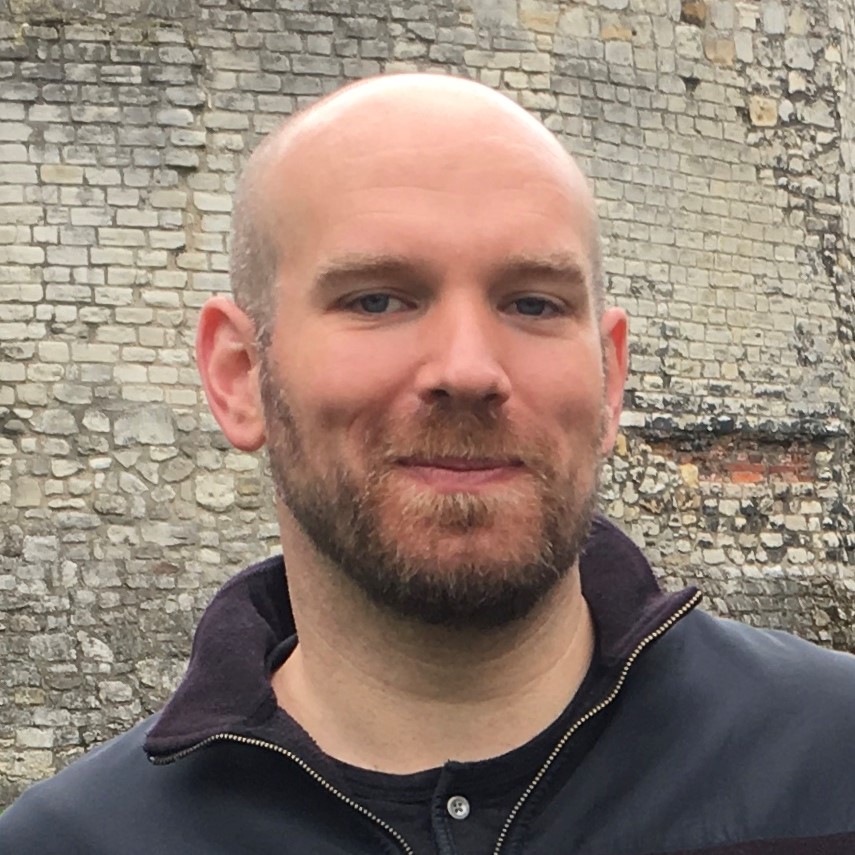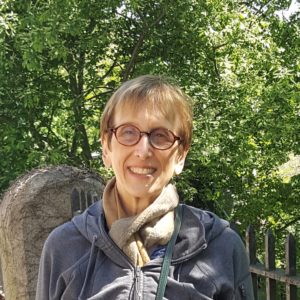The Tibetan Language Program of the Department of East Asian Languages and Cultures at Columbia University invites applications for a Lecturer in Literary/Classical Tibetan Language. This is a full-time, one-year position with possible renewal up to 3 years contingent on satisfactory performance. Minimum qualifications for this position are an M.A. or its professional equivalent, native or near-native fluency in spoken and written Tibetan and an excellent command of English. Preferred qualifications include a Phd. in Tibetan language/pedagogy and at least four years experience in teaching all levels of literary/classical Tibetan to native speakers of English at the university level. All applications must be made through Columbia University’s Recruitment of Academic Personnel System (RAPS). Please upload the following required materials: cover letter, CV, statement of teaching philosophy, samples of teaching materials (to be submitted as “Other Document 1” —this must include a teaching demonstration video of the teacher engaged in classroom instruction), samples of student teaching evaluations, and three letters of reference. Applications will be evaluated beginning 03/07/2020 until the position is filled and the proposed start date is 7/01/2020.
For questions about the position, please email Laura Schlein, ls3352@columbia.edu
For more information and to apply, please go to: https://pa334.peopleadmin.com/postings/5178
Columbia University is Equal Opportunity Employer / Disability / Veteran



